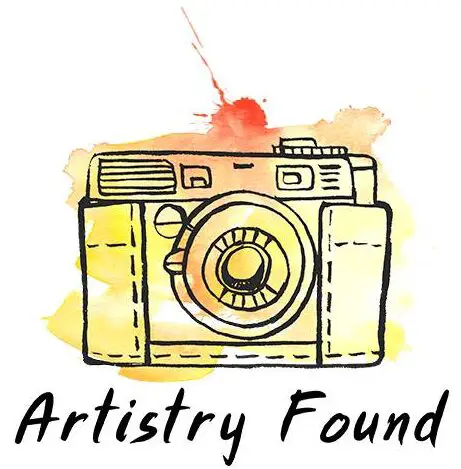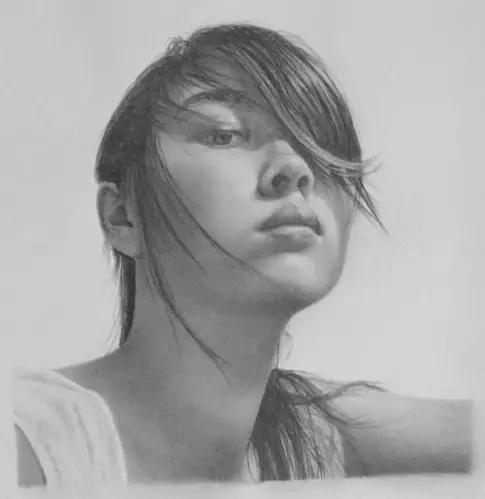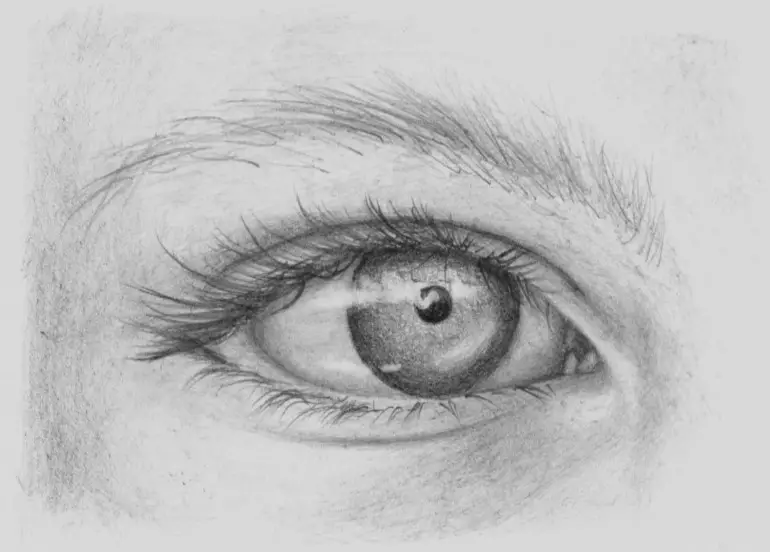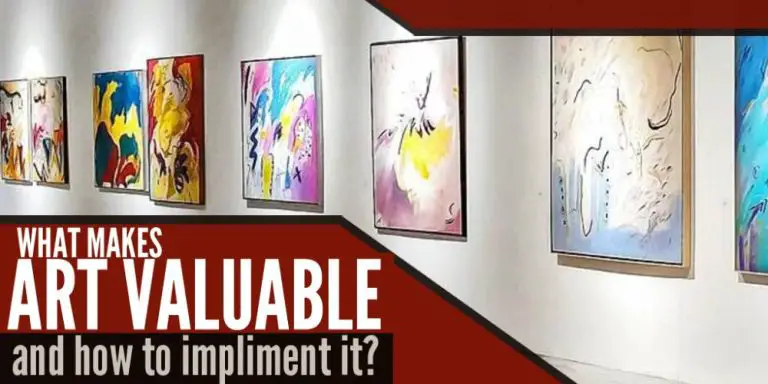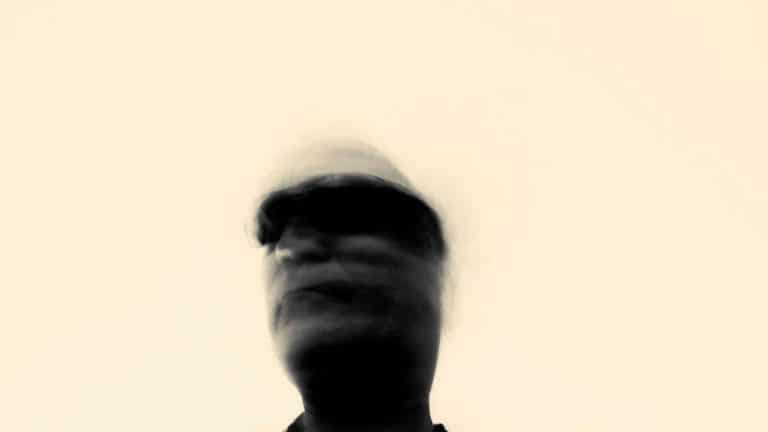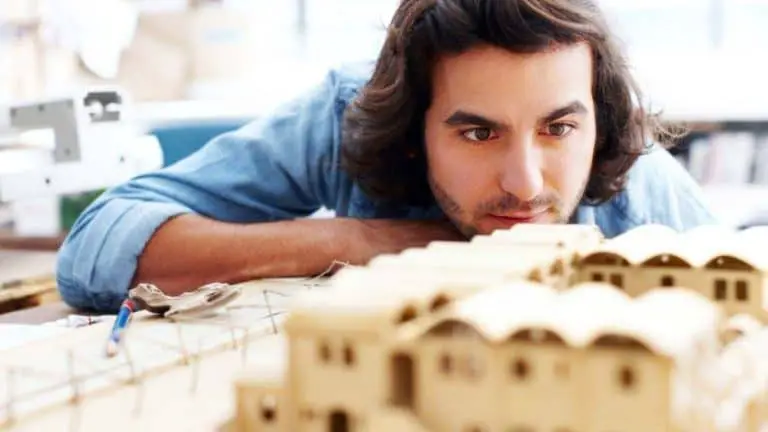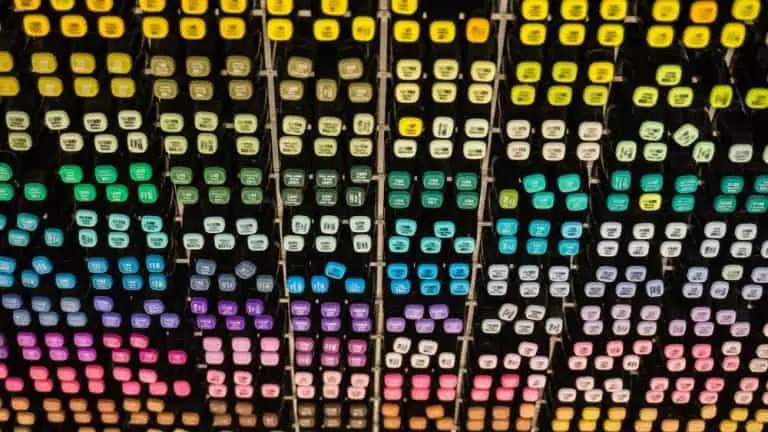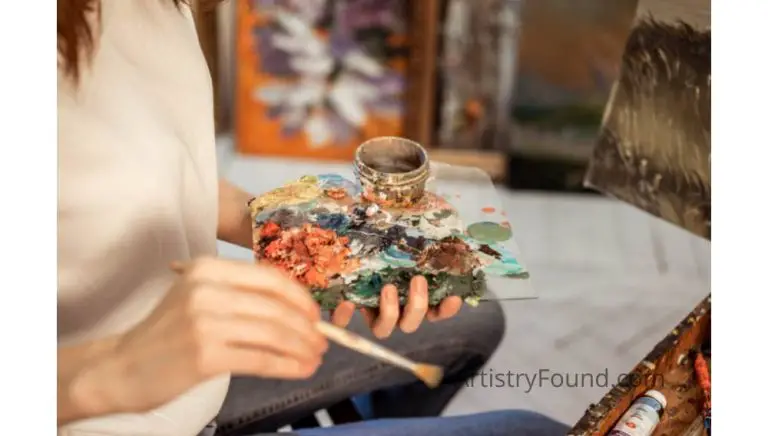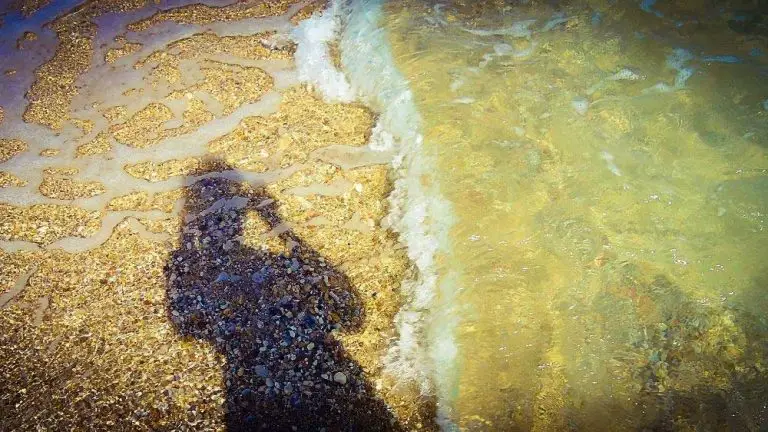Do Artists Have A Responsibility To Society? (The Truth)
Art plays such a critical role in shaping our culture and the way that society operates. But, if it is essential for free expression and reflecting our values, emotions, and politics, do artists have a responsibility to the community at large?
Yes, artists have a responsibility to society. Without art, we would not have voices challenging the status quo and social progression. Creating art can be a catalyst for change, and there are plenty of historical examples of how art has become a revolutionary tool that artists must use responsibly.
Creating art, expressing goals, values, and challenging the norm is a deeply personal act, but it’s universal in every medium. Music speaks to us all, books inspire us, and movies make us cry – these are all reflections of the landscapes in which we live. Art can do remarkable things to all of us and can genuinely change the world.
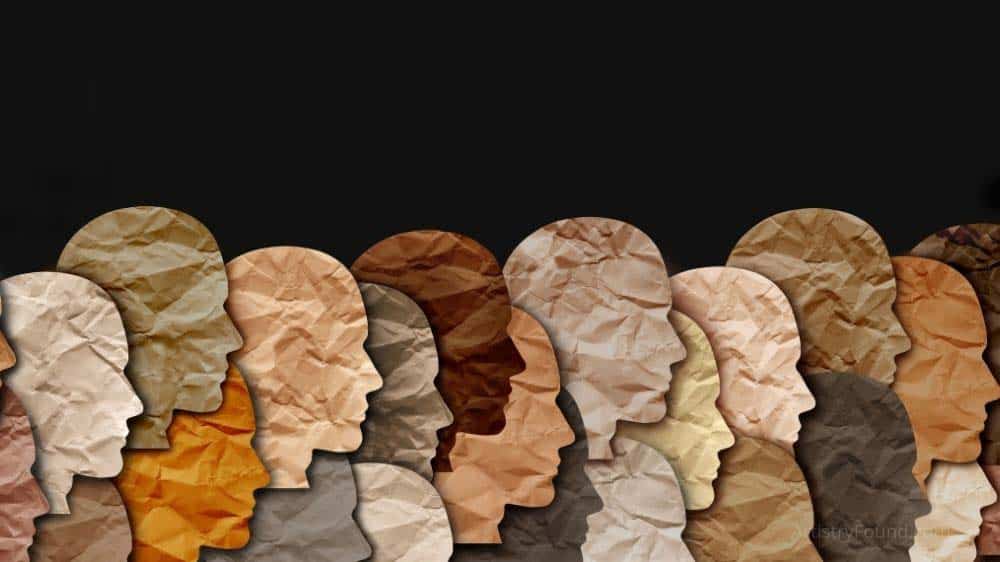
(This article may contain affiliate links and I may earn a commission if you make a purchase)
Art Preserves Our Culture
To consider precisely how vital art is, we have to look back thousands of years ago when the first humans decided to make marks on cave paintings’; our first canvases. Despite their simplicity, we have studied cave paintings extensively. We concern ourselves with the things they are depicting, what materials they used, how language evolved around it as a form of expression, etc.
And it’s not only cave paintings. We know a lot about history today based on the various forms of art that we’ve discovered in cultural artifacts, such as pottery in Ancient Mesopotamia. Most of what we know about Ancient Greece, the Aztec Empire, Ancient Egypt, and the long-surviving cultures of the Far East is grounded in the art that has served as a medium to preserve the cultures of significant civilizations that shaped the world we know today.
Think about the Renaissance and how Leonardo Da Vinci and artists transitioned European society from the Middle Ages to modernity. Then consider how the music of Handel, Mozart, and Haydn served to define the Age of Enlightenment.
Leo Tolstoy’s novels survive today as some of the greatest works of literature that the world has ever seen. His reflections of the excruciating life of someone living in 19th Century Tsarist Russia moved hearts and minds, while even Karl Marx can be considered an artist in his rights. His works have survived and radically shaped society for centuries.
More recently, we can point to examples of how Jazz and Blues music shaped African American culture (as rap music does today. The free-loving hippie culture of the 1960s, particularly regarding the Vietnam War, was inspired by The Beatles, The Rolling Stones, and countless other rock ‘n roll bands who set a fire of rebelliousness among young men and women who wanted to fight for a better world. Countless artists have shaped today’s culture throughout history.
It truly is a medium for recording history and preserves our cultures in ways that the sciences simply cannot.
Recommended Reading: Artists vs Scientists (Similarities & Differences)
Art Documents Our Environment
A big part of art’s appeal is its aesthetically pleasing nature; the way that we can relate to the artist, even if it’s not intentional, is what speaks to us. We have shared emotions, experiences, and ambitions that we cannot vocalize methodically but through imagery. And there is something that we’ve shared throughout history that will not remain the same forever – our environment.
So, be it a mountain, a forest, an ocean, or even just an old part of the city with contemporary architecture, painting, photographing, and or using some other medium to translate the beauty of our world into an artwork is vital. It’s essential because the environment changes and, more so, because there may come a day when mother nature isn’t as beautiful and hospitable as she is today.
Many artists out there will put paintbrushes on canvas while spending time in nature. As human beings living in the fast-paced modern world, navigating through concrete jungles, we must remain in touch with nature. Artists are responsible for restoring or preserving our relationship with nature.
Art is an Outlet For Expression
Humans are emotional creatures, and staying in touch with our emotions, understanding them, and controlling them is critical for co-existing and self-image. Art helps us get there. People are moved on an emotional level and even on a spiritual level by art.
Ask anybody who’s traveled around the world about the places they’ve been to, and they’ll inevitably make mention of the local artists and how it shapes their perception of that foreign culture. Art connects the dots between the individual and the world around them by tugging at our heartstrings, making us smile, and shining a spotlight on what the artist believes needs to be exposed.
Art, Politics & Society
Art is fundamental to our political discourse. Artists are supposed to bring social and political issues to the fore as they use their work to connect with large audiences. It’s a way to speak to people in the way that newsprint and magazines (or websites and blogs) simply can’t. Political discourse is an appeal to empathy, to do what’s right. By channeling their creative energy and integrating their activism into it, artists can make a huge difference.
Elton John’s support for AIDS research or Ian McKellen’s advocacy for LGBT rights is excellent examples of this. Anti-Apartheid activists in South Africa such as Athol Fugard, Johnny Clegg, and Brenda Fassie (a.k.a. Mother Africa) are examples of artists fighting against a system and winning. Artists spread awareness about political issues not only in their country but all over the world.
John Lennon’s songs Imagine, and Working Class Hero still touches people’s souls today, envisioning a world free from society’s evils. It reverberates and will continue to do so throughout history. The conventional propensity towards apolitical does not weigh down artists. They have the unique ability to get a message out to an audience that is not particularly interested in politics or social injustices.
Recommended Reading: How Artists See The World (A Different Vision)
Artists Have No Responsibility
The contrary perspective is that artists simply do not have a responsibility towards society, which is essential to note. Artists aren’t very good at being put in a box or being told what to do. That’s why they became artists. To live freely and express oneself without restriction or responsibility is fundamental to art.
Art has no rules and no code. If an artist has to live with someone standing over their shoulders and barking orders at them, they may also have become accountants. Furthermore, placing shackles on the creative process would be detrimental to what we consider art. Painters must paint, musicians must play music and writers must write precisely how they want to, as an individual. Compelling them to fall in line and play by the rules fundamentally diminishes the very definition of art.
So there is no doubt that artists have a significant role to play in society, but their responsibilities for making the art they produce are up for debate. Is art purely aesthetic, or is it commentary? Is art for emotional or spiritual fulfillment? Is it for entertainment, or is it meant to be taken more seriously than that? To humankind, at least, the answer is that artists cannot underestimate their importance and need to realize how powerful their voices can be. However, as artists, they need to decide for themselves what story they’ll be telling, even if society doesn’t like it.
